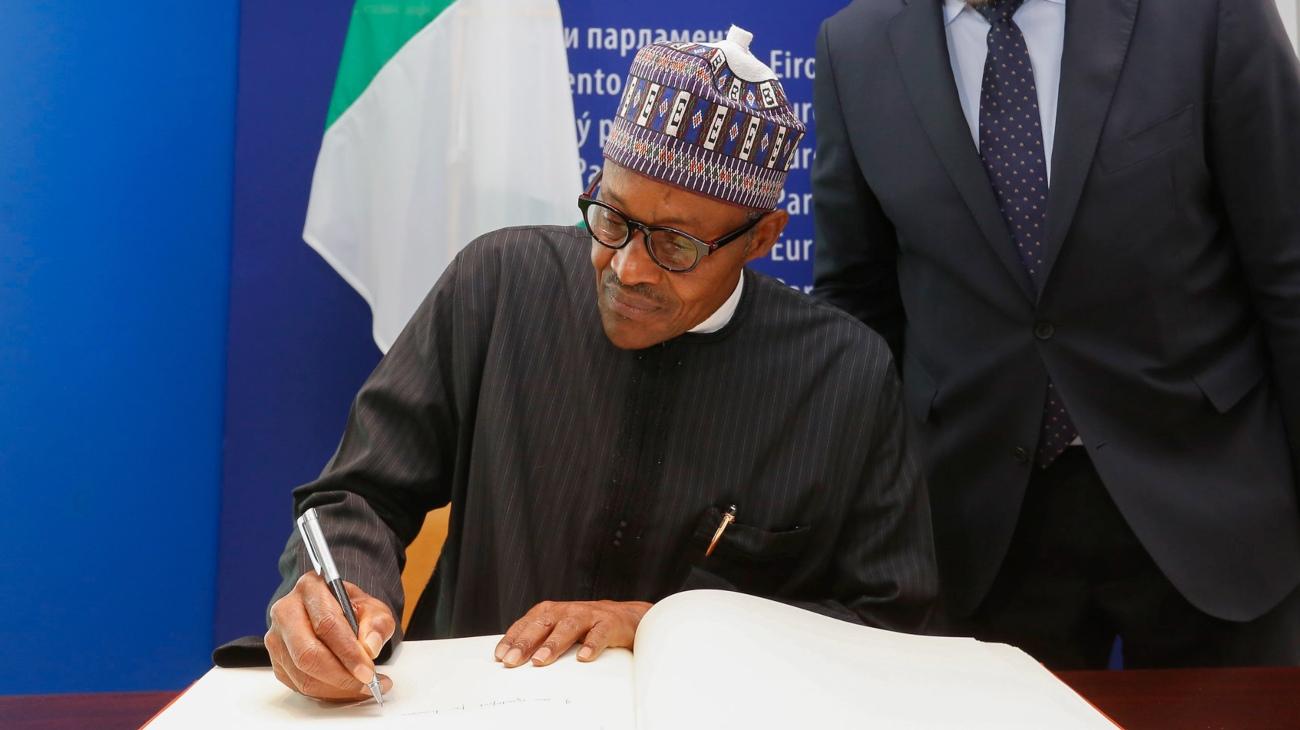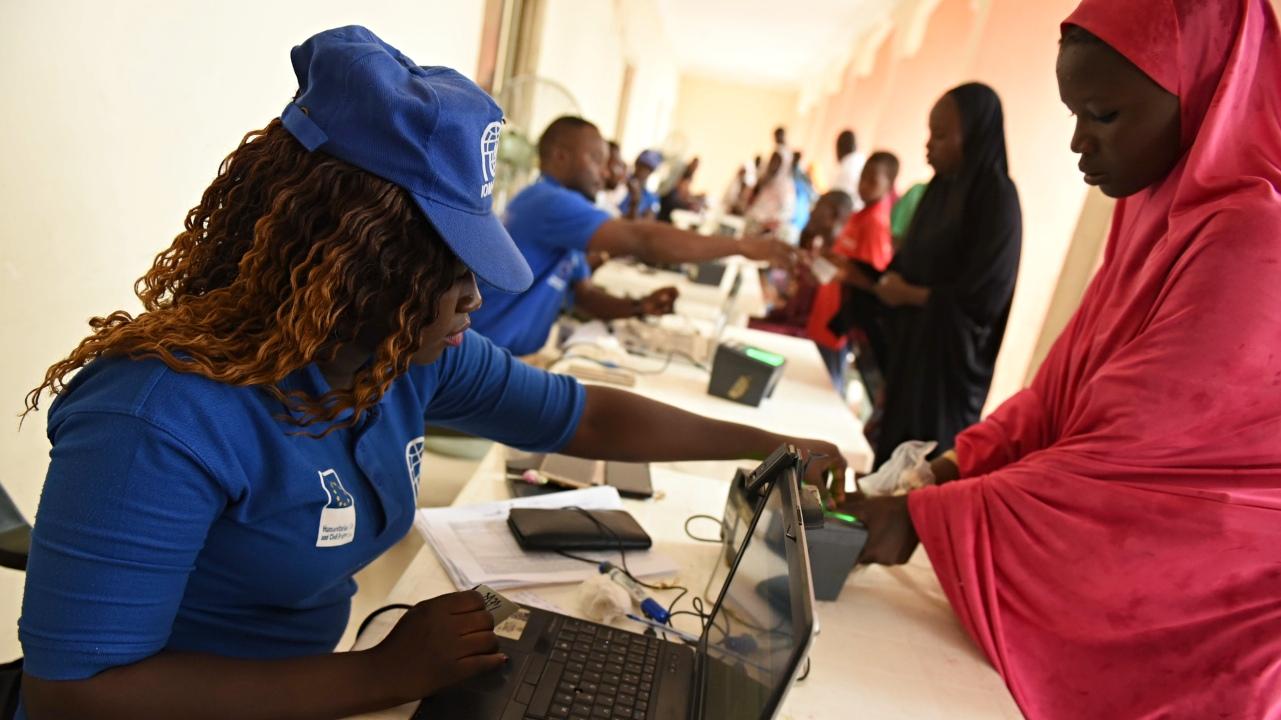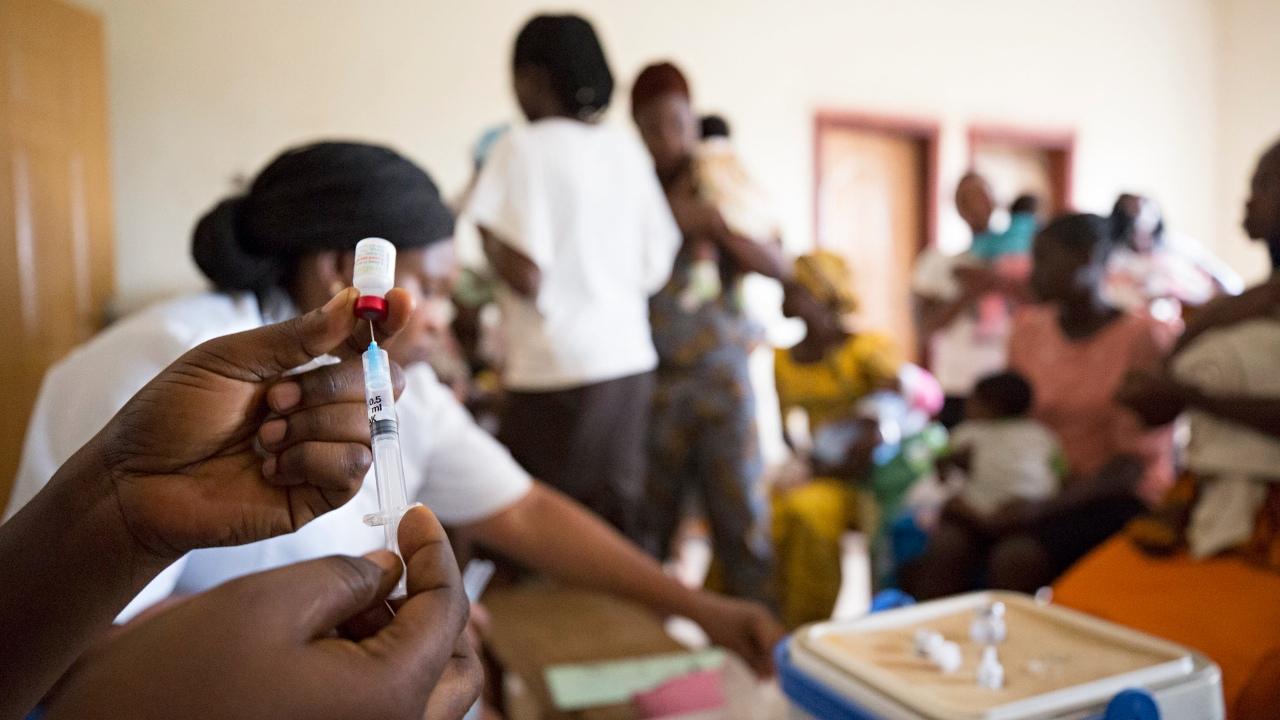The economic relationship between China and many African countries continues to grow, alongside speculation that the Chinese government has a hidden agenda. Many see sovereign immunity clauses in Chinese loan agreements as a ploy to re-colonise Africa from the back, while others ask whether these loans form a debt-trap diplomacy. Uche Igwe calls for an Afro-centric interrogation of China-Africa relationships that provides a framework for coordination and effective citizen engagement.
Chinese engagement with African countries, as one of the country’s most important economic partners, has spanned over two decades, traversing trade, investment, infrastructural financing and aid. During this period, China has catapulted from being a relatively small investor to the highest creditor in sub-Saharan Africa. According a recent report by Mckinsey, Africa-China trade has been growing at approximately 20% every year since 2000. However, these engagements have been complex and stirred speculations about what the long and short-term motives of China may be. Although these continue to be characterised by suspicion and cynicism, it is difficult to overlook China’s substantial influence. The nature of these loans as well as the processes of procuring them are often opaque and confidential. Widespread allegations of bribery and kickback have continued to fuel acrimonious debates and political cacophony across the continent.
Sovereign immunity clause controversy
The latest was a controversy stoked by the Nigerian National Assembly, which suggested that a legal clause, Article 8(1), of a USD500 million contract with China will mean Nigeria likely surrenders her economic sovereignty in the case of default. It was the House of Representatives Committee on Treaties, Protocols and Agreements that apparently misunderstood and raised suspicion about the presence of the sovereign immunity clause in the agreement.
However, the clause is said to be included in most standard Chinese agreements. The apparent reason is to prevent countries from raising sovereign immunity as a defence in case of any legal dispute. However, many politicians and opinion leaders in Nigeria vehemently disagree. Rather they insist that many of the loans are Trojan horses with hidden intentions that could lead to the surrender of choice sovereign assets.
The controversy around the sovereign loan clause has also spread a similar nagging fear of a likely take-over of assets beyond Nigeria, across the continent in countries such as Kenya and Zambia. The Kenyan government faced a similar backlash around rumours of an imminent take-over of the Mombasa Port, whose revenue proceeds were used as a collateral for securing the 2014 loan for the standard gauge railway (SGR) line from Nairobi to Mombasa. In Zambia, citizens are apprehensive about the takeover of the Kenneth Kaunda International Airport, Zambia National Broadcasting Corporation and the National Power and Utility Company whose revenue China is reportedly collecting to settle Zambia’s financial obligations to them. Most disturbingly, these agreements contain confidentiality clauses shielding them from public scrutiny.
Are these fears exaggerated or well-founded? On the other hand, the Chinese government might consider lending to African countries a risky venture and may be taking precautions by making the conditions stringent.
Accumulating debts without a long-term economic strategy
Nigeria is one of the most heavily indebted countries in Africa. The country’s debt stock has recently become a cause for worry among citizens, especially considering declining revenue as a result of the fluctuating price of oil. According to the figures from the Debt Management Office (DMO), Nigeria’s debt profile had risen to 31.009 trillion naira (USD 85.897 billion) as of June 2020. The apprehension of many observers is whether the projects financed by these loans may not have any meaningful impact on the economy, like the construction of the railway to Maradi in nearby Niger Republic at a whopping cost of US1.96 billion.
Critics have accused current political leaders in Nigeria of a lack of fairness in citing projects. For instance, it was revealed President Buhari himself formally requested the World Bank concentrate their project interventions in the North, where he comes from, leaving other parts of the country. On a positive note, African economies could gain greater capital investment to boost productivity, competitiveness and technological readiness from China. Yet there are valid reasons to insist that such borrowing must be part of long-term economic strategy.
China’s so-called debt trap: it takes two to tango
There are those who oppose the view that the ‘debt trap’ narrative is a pre-determined and well-orchestrated strategy by China. Researchers like Deborah Brautigam disagree. Critics describe it as predatory lending and insist that the government in Beijing is deliberately on a global lending spree, showering African countries with billions of dollars in exchange for natural resources, long-term concessions as well as economic and political influence. Gradually, they systematically pile up a debt burden on African countries to a point where they will be struggling to pay the money back. They are said to insist on juicy national assets as collateral for such loans. Yet China is reportedly reluctant to grant debt relief to Africa to enable these poorer countries to cope with the economic havoc wreaked by the pandemic.
Commentators suggest that this is a new form of colonialism covertly promoted by China. Although these fears might be overstated, or at best a product of a deliberate blame game, they omit the fact that these loans are supposed to be granted only after a rigorous application process has been completed, which allows beneficiary countries an opportunity to review conditions before they sign. African leaders might have inadvertently allowed themselves to become pawns in a global chess game. After all, it takes two to tango.
So far, African leaders appear helpless, desperate and beggarly. Some of these loans are hastily secured and ploughed into projects without a clear impact on the economy but rather to satisfy partisan and nepotistic interests. Is the debt trap diplomacy narrative a myth or reality? Is the government in Beijing on a deliberately crafted mission to gag African borrowers because of doubts that these loans may not be repaid? Why is China reluctant to grant African countries debt relief to reduce their burden despite the negative impact of the pandemic? Do African countries have any viable alternative to the support they currently get from the Chinese?
Poor government communication and capacity deficit
In many highly diverse and potentially fragile societies in Africa, like Nigeria, public perception of any government policy is important. It is partly dependent on how such a policy is communicated to secure the buy-in of stakeholders. Often the capacity to break down government policy intentions into comprehensive and comprehensible language for everyone is lacking, something that has been re-echoed by former Director General of the Nigerian Television Authority (NTA), Tony Iredia. For instance, the recent controversy about the sovereignty clause was apparently triggered after Nigeria’s Minister for Transportation, Rotimi Amaechi, granted an interview about its existence. His well-intentioned explanation was apparently misconstrued to mean Nigerian government officials might not have initially noticed the clause in the agreement before it was signed. His comments sparked off public outrage and hysteria across the country. Many segments of the Nigerian public perceived that the loan agreement might erode the country’s sovereignty. Others rose to his defence.
Did the Nigerian government official negotiating with Beijing overlook the clause? While it is right for parliaments to scrutinise contractual agreements before, during and after negotiations, all arms of governments ought to work together in a coordinated and less adversarial manner in pursuit of the national interest. The avoidable controversy could have been prevented if relevant agencies involved in the loan negotiations work together. For instance, the implication of engagement with China on the country’s infrastructural future must be well communicated. Issues about procurement (technical and financial) processes undertaken, management fees paid, competitiveness in pricing of contracts, technology audit and compliance with local content are useful areas to look into.
A time for an African strategy to engage with China
There is no validity to the claim Nigeria or any African country may be ceding their sovereignty due to a clause in their loan agreement with China. Yet there is a crucial case for more public scrutiny of the loan agreements that African countries are willing to enter into. Furthermore, African countries like Nigeria need to urgently consider formulating a comprehensive strategy for engaging with Beijing. A rigorous template for scrutiny of all contractual agreements must be part of it.
The reliance on the Chinese rhetoric of brotherhood and a win-win engagement approach with the continent is lazy, simplistic and potentially misleading. Ultimately, diplomacy is self-serving, and it is the responsibility of African countries – the borrowers – to articulate their own strategy for engagement. Nigeria is best positioned to lead that conversation. Besides, there is a need for a legislative framework to protect countries from any unforeseen repercussions from these debts in case of uncertainty like the ongoing pandemic. Continental bodies like the African Union should show more interest in promoting a better understanding and coordination of engagement with China.
Since the outbreak of the coronavirus, there has been a marked rise in unfavourable views about China and the spread of conspiracy theories about their engagement around the world. It will be imperative to separate policy conversations from baseless propaganda. Additionally, Chinese officials themselves should participate in providing some clarity about any misconceptions in their agreements with partners. At the end of the day, however, on the issue of loans, it is the recipient government that must take responsibility and provide explanations to their citizenry.
Photo: Opening ceremony of the FOCAC Summit | Beijing, 3 September 2018. Credit: Paul Kagame. Licensed under creative commons (CC BY-NC-ND 2.0).






Your exploration of sovereign immunity clauses and their implications for Chinese engagement with Africa is insightful. It sheds light on an important aspect of international relations and highlights the complexities involved in such engagements. Thank you for providing valuable analysis on this topic.